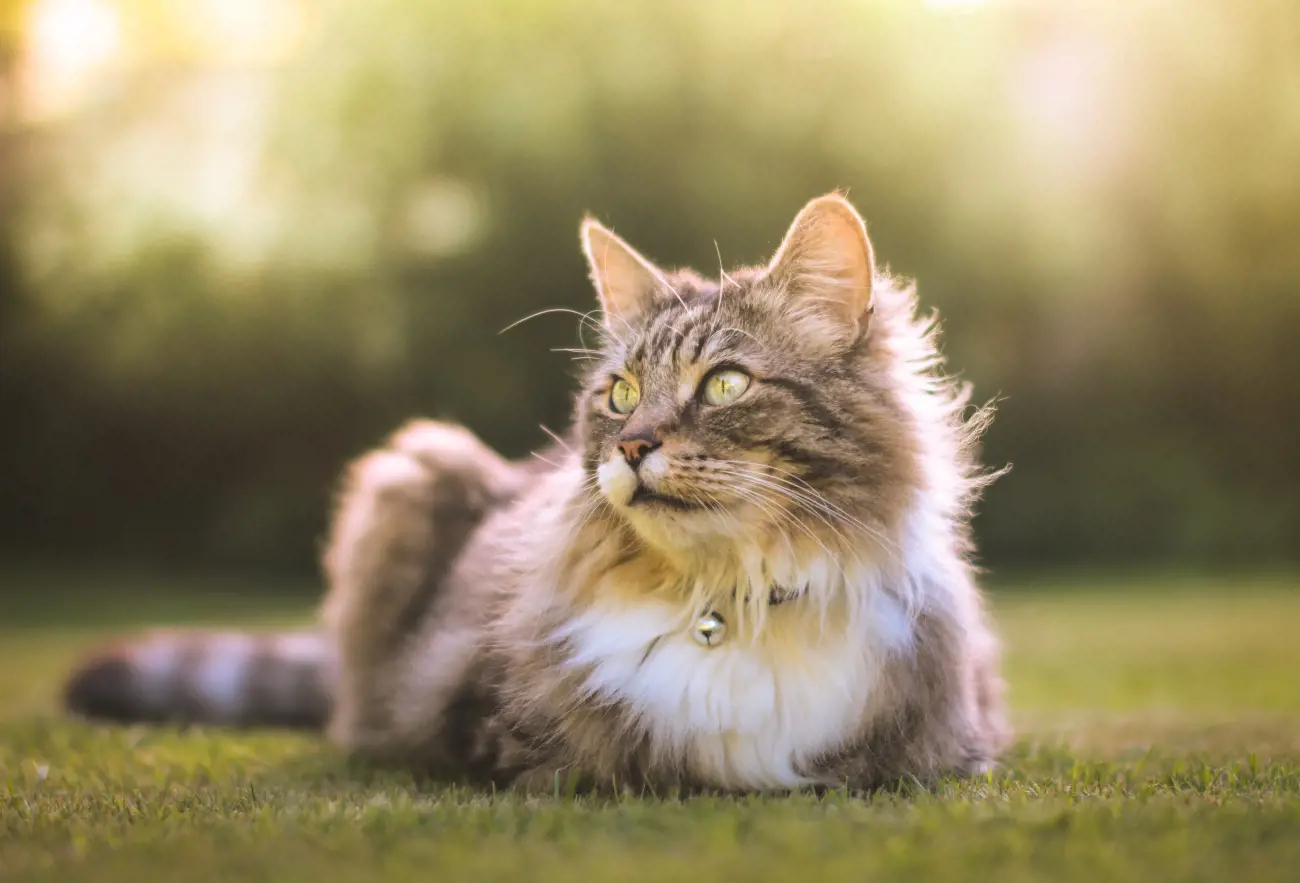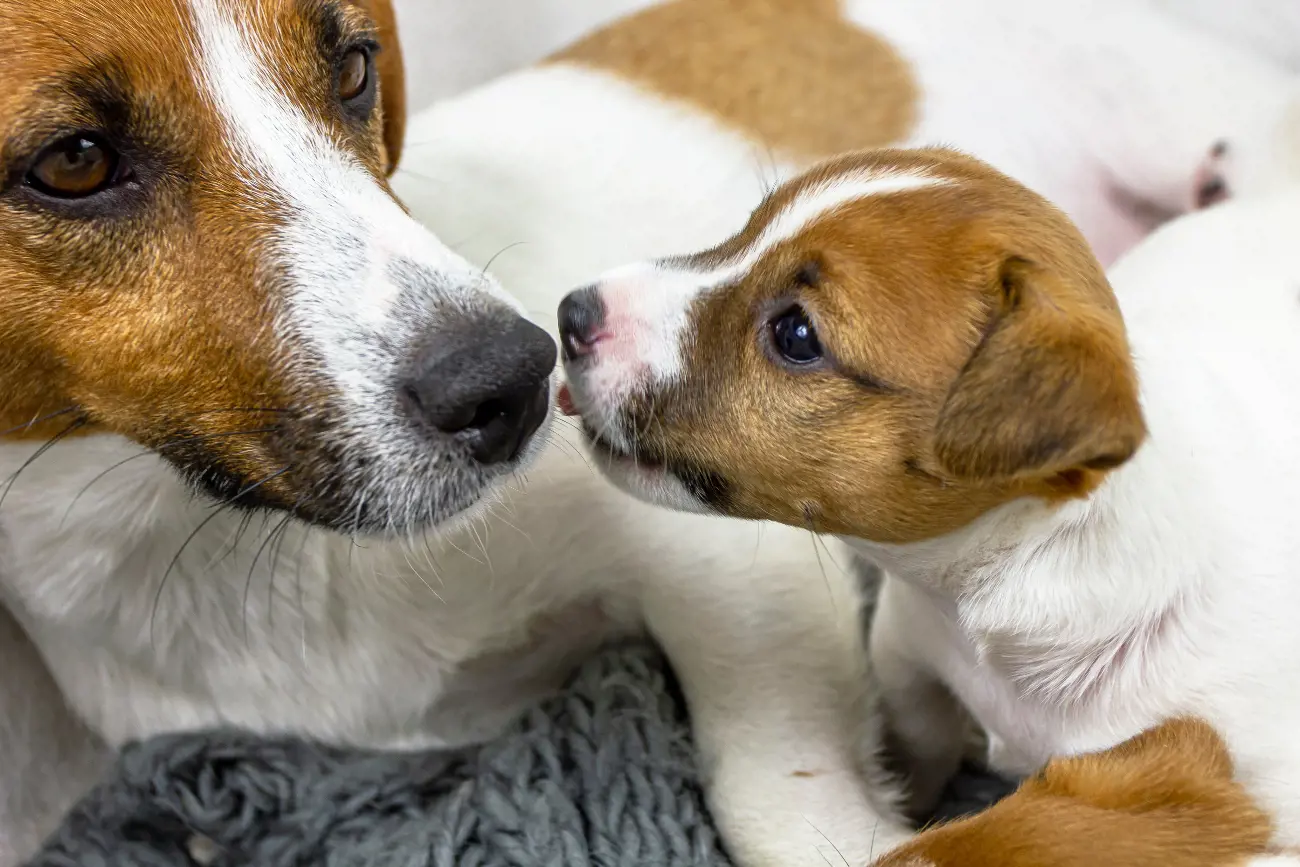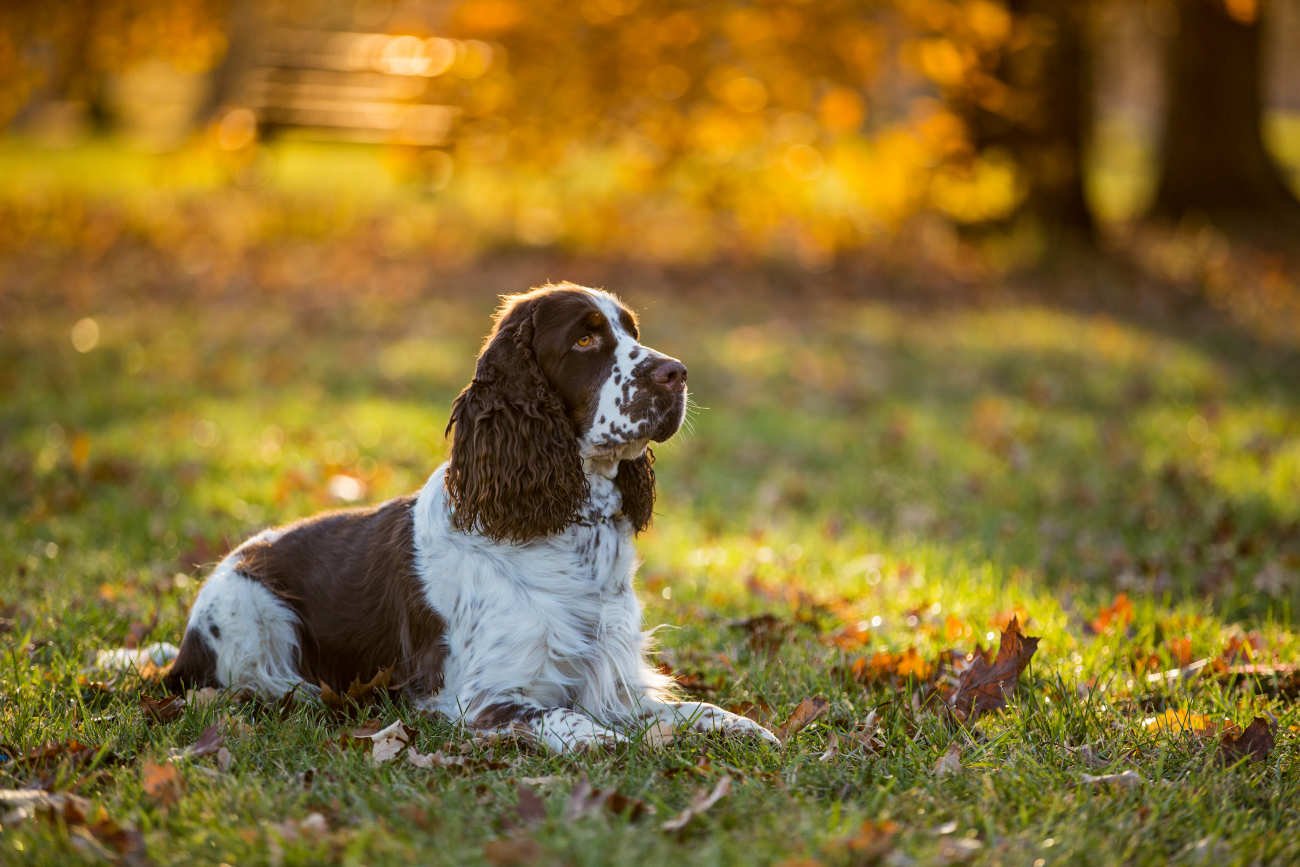Are peonies poisonous to cats?
7th September, 2023
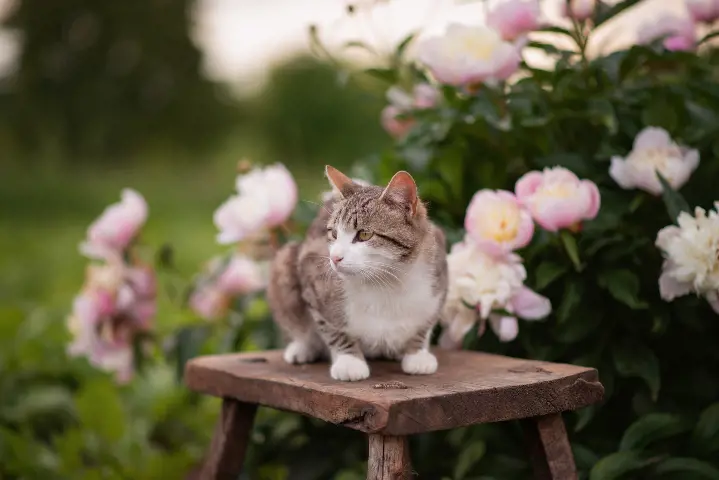
Have you ever stopped to consider the safety of your garden or indoor plants in relation to your pets? This may seem like an unusual question, but it's absolutely advised to think about as pet owners. This is particularly important when it comes to cats, who are known for their curious nature and tendency to nibble on various things around the house.
Today, we're going to be focusing specifically on peonies, a popular flower that can be found in many households and gardens.
You might be wondering, are peonies poisonous to cats? Well, let's find out together.
What are peonies?
Peonies are beautiful, fragrant flowers that bloom in late spring and early summer. They're native to Asia, Europe, and Western North America, and there are several different species of these plants, each with their own unique features.
They're adored for their lush, full blossoms, which can be a range of colours, including white, pink, red, and even yellow.
Peonies roses aren't just known for their beauty, they also have a rich history. In fact, they have been grown and cultivated for over 2000 years.
In many cultures, they're associated with good fortune, happiness, and prosperity. However, as beautiful and symbolically positive as peonies may be, they may not necessarily be safe for your furry friends either.
Are peony flowers poisonous to cats?
Peonies are a beautiful and popular flower that many people enjoy having in their gardens or as cut flowers in their homes. However, if you have a cat, it is important to be aware of the potential dangers that peonies can pose to your feline friend.
The answer is yes, peonies can be toxic to cats and other animals if ingested. The main toxic component in peonies is a substance called paeonol, which can cause various symptoms in cats if they consume parts of the plant.
It is important to note that not all parts of the peony plant are equally toxic. The most toxic part is the root, followed by the leaves and stems. The flowers themselves are considered to be less toxic, but it is still not safe for cats to chew on or eat them.
It is also worth mentioning that different species of peonies may have varying levels of toxicity, so it is best to err on the side of caution and keep your cat away from any peony plants.
If you suspect that your cat has ingested any part of a peony plant and is exhibiting symptoms of poisoning, it is advised to seek immediate veterinary attention.
The veterinarian will be able to assess the severity of the poisoning and provide appropriate treatment. This may involve inducing vomiting, administering activated charcoal to absorb any remaining toxins, providing supportive care such as intravenous fluids, and monitoring the cat's vital signs.
To prevent accidental poisoning, it is advisable to keep your cat away from any peony plants. If you have peonies in your garden, consider creating a physical barrier or using deterrents to keep your cat from accessing them.
Additionally, if you receive a bouquet of peonies as a gift, make sure to keep them out of your cat's reach and discard them properly once they start to wilt.
Common signs of peony poisoning in cats
Gastrointestinal symptoms
One of the most common symptoms of peony poisoning in cats is gastrointestinal upset. Cats may experience vomiting and diarrhoea shortly after ingesting the plant.
These symptoms can vary in severity, some may only experience mild discomfort while others may develop more severe gastrointestinal distress. It is important to note that these symptoms can also be indicative of other health issues, so it is crucial to consult a veterinarian for a proper diagnosis.
Fatigue
Another common symptom of peony poisoning in cats is lethargy or weakness. Cats may appear tired or have a lack of energy after ingesting the toxic plant.
They may also exhibit a loss of appetite and a decrease in their overall activity level. If you notice any sudden changes in your cat's behaviour or energy levels, it is important to seek veterinary attention.
Respiratory symptoms
In some cases, peony poisoning can also cause respiratory distress in cats. They may have difficulty breathing, exhibit rapid breathing, or develop a cough. These symptoms can be particularly concerning and require immediate veterinary intervention.
Additionally, if you notice any swelling or redness in your cat's mouth or throat after ingesting peonies, it could indicate an allergic reaction and should be treated as an emergency.
If you suspect that your cat has ingested peonies or is exhibiting any of the aforementioned symptoms, it is advised to seek veterinary care immediately.
The veterinarian will be able to assess your cat's condition and provide the necessary treatment. Treatment may include inducing vomiting, administering activated charcoal to absorb any remaining toxins, or providing supportive care to address the specific symptoms your cat is experiencing.
What to do if your cat ingests peonies
If you discover that your cat has ingested peonies, try to remain calm. Remember that immediate action is vital, so collect any remaining parts of plant matter that your cat may have left behind, as this could help your vet identify the toxin.
Contact your vet immediately or take your cat to an emergency animal clinic. Don't try to induce vomiting unless advised to do so by a professional. Your vet will be able to provide the necessary treatment, which could include:
- Inducing vomiting
- Administering activated charcoal to absorb the toxins
- Hydrating your cat
- Hospitalising for more severe cases
Are peonies poisonous to dogs?
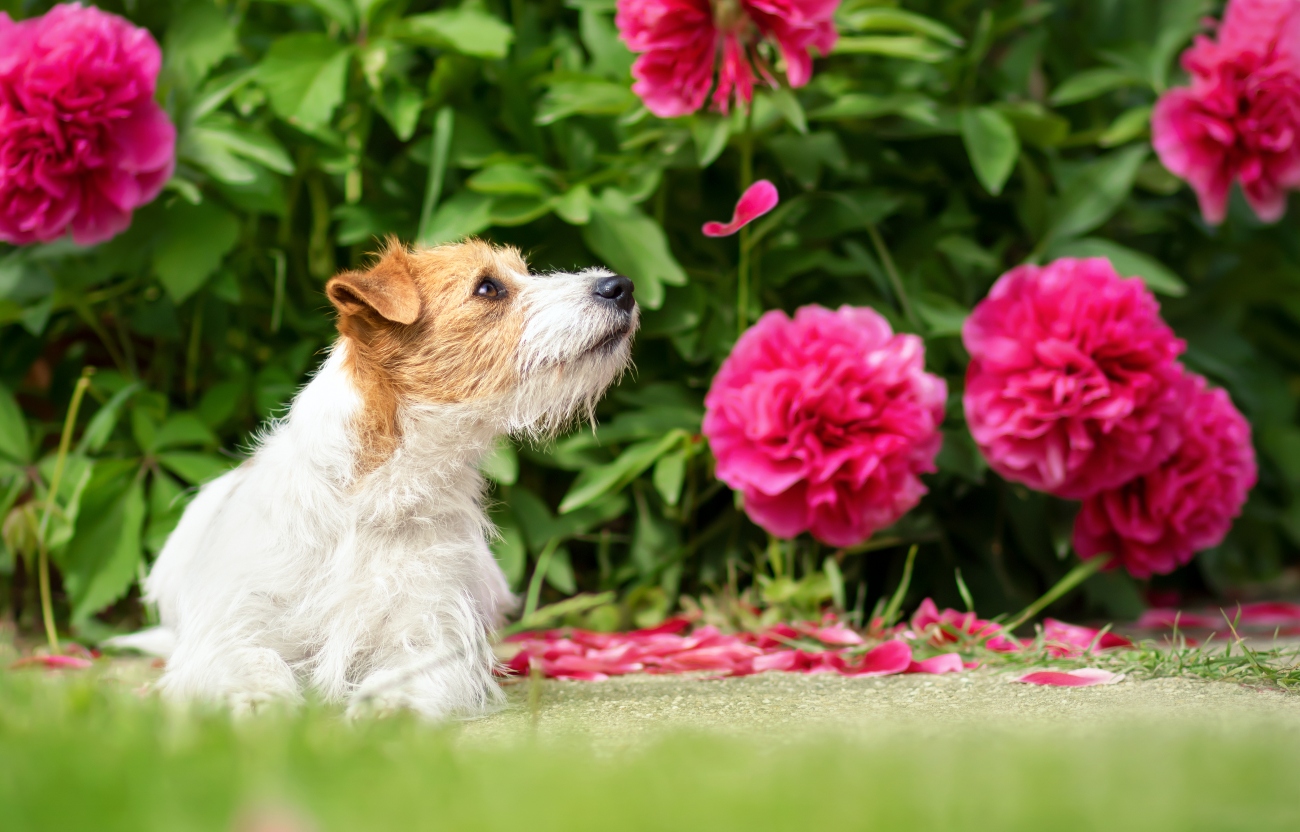
Now, you may also be wondering, are peonies poisonous to dogs too?
The answer is similar to cats - yes, peonies are also toxic to dogs. Just like with cats, all parts of the peony plant are toxic to dogs, and ingestion can lead to mild or severe symptoms.
Symptoms of peony poisoning in dogs
Symptoms of peony poisoning in dogs are similar to those in cats.
Your dog may experience vomiting, diarrhoea, loss of appetite, and lethargy. In more severe cases, your dog may have:
- Some difficulty swallowing or breathing
- An increased heart rate
- Seizures
If your dog displays these symptoms, seek immediate veterinary assistance.
What to do if your dog ingests peonies
If your dog has ingested peonies, the same advice applies as with cats.
Remain calm, remove any remaining plant material, and take your dog to the veterinarian immediately. The vet may induce vomiting, administer activated charcoal, or provide other necessary treatments depending on the severity of the situation.
Safe plants for cats and dogs
Now that you're aware of the dangers of peonies for cats and dogs, you might be wondering which other plants that are safe for your pets.
There are actually many plants that are non-toxic to cats and dogs, including:
- Catnip: Cats love catnip and it is safe for them to consume in small amounts.
- Wheatgrass: Cats and dogs enjoy chewing on wheatgrass, and it also provides them with essential nutrients.
- Spider Plants: These are non-toxic to cats and dogs and can be a great addition to your indoor plant collection.
- African Violets: These colourful flowers are safe for pets to munch on if they show interest.
It's important to note that while these plants are generally safe for cats and dogs to eat, they should still be monitored, as some pets may have individual sensitivities or allergies.
Other poisonous plants and flowers
On the other hand, there are several plants and flowers that should be avoided as they can be toxic to pets. Some examples of toxic plants include:
- Lilies: Various species of lilies, including Easter lilies and Tiger lilies, can be extremely poisonous flowers to cats and may cause kidney failure.
- Daffodils: All parts of daffodils, including the bulbs, leaves, and flowers, are toxic to cats and dogs.
- Tulips: The bulbs of tulips contain toxins that can cause gastrointestinal issues and other symptoms in pets.
- Poinsettias: While not as toxic as commonly believed, poinsettias can still cause mild gastrointestinal upset in pets if ingested in large amounts. For more information, check out our article, are poinsettias poisonous to cats.
It's advised to research and ensure the safety of any plant or flower before introducing it into your home or garden. If you're unsure about a specific plant's toxicity, consult with a veterinarian or refer to a reputable resource.
Our article, what flowers are poisonous to cats, has more information on the symptoms and treatments for more flower poisonings.
Conclusion
While peonies are beautiful and fragrant flowers, they come with risks if you have cats or dogs in your home. It's advised to keep these plants out of reach of your pets, or consider choosing pet-safe plants instead.
If you want to ensure that your furry friend is covered in case of any dietary mishaps or other health issues, consider getting pet insurance. To get a pet insurance quote for your furry friend you can get a quote through our website. If you would like to talk to one of our pet insurance team, you can get in touch with us on 0330 102 5748.
Helpful Pages
Recent Posts
Pet Insurance Quote
- 98% claims paid *
- Claims paid directly to vets
- 24/7 vet video consultations
- Interest free monthly payments
